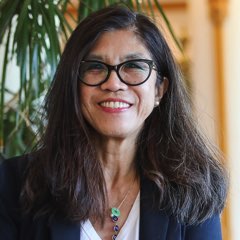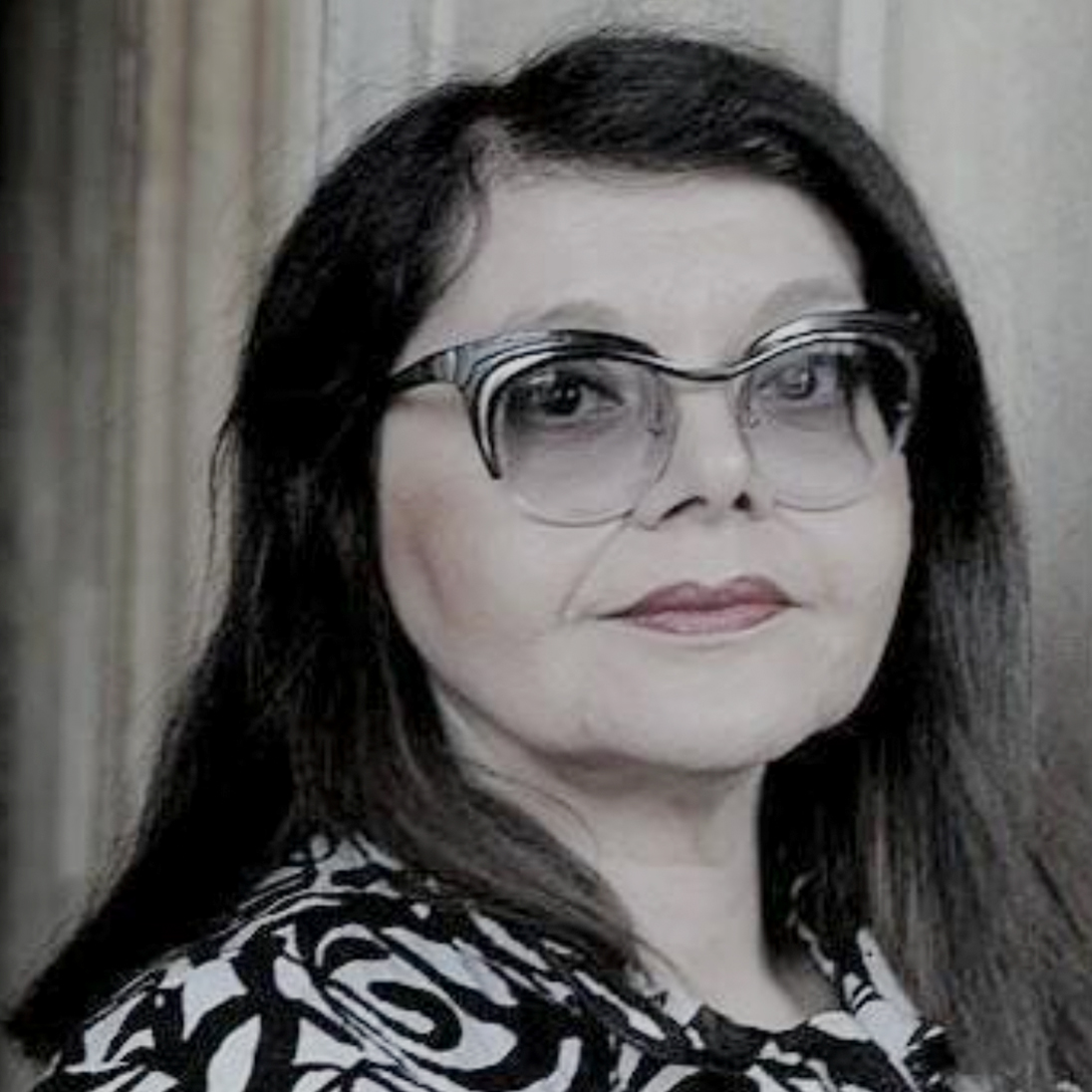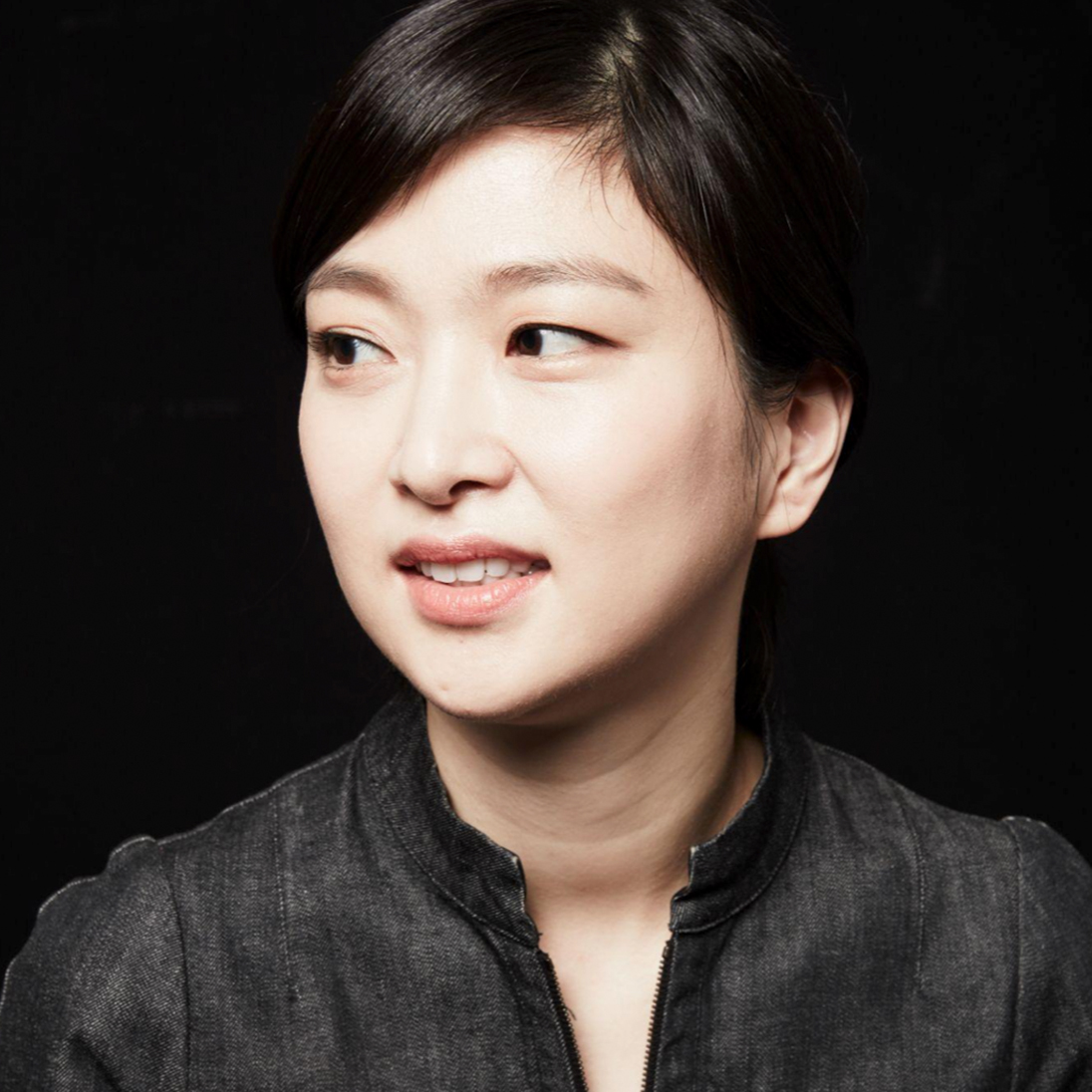Biographies of instructors
Jane Chin Davidson is an art historian and performance theorist whose research on contemporary art in the transnational context focuses on decolonizing processes for performances and exhibitions. Focusing on embodied artistic engagements, her current inquiry into eco-feminism and environmental performances examines the nexus among colonialism, capitalism, and patriarchal violence, the forces behind the degradation of all living things. Her essay ‘Performance Art, Performativity, and Environmentalism in the Capitalocene’; for the journal, Oxford Research Encyclopedias, Literature (2019) contextualizes the history of these relations of power affecting humans and the planet. Chin Davidson’s recent books include the volume Contemporary Art in a Global Framework (Wiley-Blackwell, 2023) co-edited with Amelia Jones, and the monograph Staging Art and Chineseness: Politics of Trans/Nationalism and Global Expositions (University of Manchester Press, 2022 She is currently Professor of Art History/Global Cultures at California State University, San Bernardino.

Dr Sibylle Peters is a researcher, performance artist, studied literature, cultural studies and philosophy who has worked at the universities of Hamburg, Munich, Berlin (FU), Bale, Wales and Gießen. As a freelancing performance artist she realized lecture performances and performance projects focussing on participation and collective research (often in cooperation with geheimagentur performance collective). Peters is the founder and director of the Forschungstheater/Theatre of Research situated at the FUNDUS THEATER Hamburg, a theatre, where children, artists and scientists meet.
Dr. Suzana Milevska is a theorist and independent curator of visual art and culture based in Skopje, North Macedonia. In 2004 she was a Fulbright Senior Research Scholar at Library of Congress in Washington D.C. She curated numerous international exhibitions such as The Renaming Machine (Ljubljana, Zagreb, Vienna, 2008-2011), Roma Protocol (Austrian Parliament, Vienna, 2011), Call the Witness (BAK, Utrecht, 2011) and she initiated the project Call the Witness–Roma Pavilion at the Venice Biennale. Her theoretical and research projects employ postcolonial, feminist, and institutional critique of the regimes of hegemonic power and their bearing on arts and visual culture. She focuses on the deconstruction and decolonisation of contentious heritages in art institutions, collections, and public spaces, as well as community-based projects in solidarity with marginalized and disenfranchised communities on the other. Milevska published the books Gender Difference in the Balkans, 2010, The Renaming Machine: The Book, 2010, On Productive Shame, Reconciliation, and Agency, 2016, and Participatory Art: A Paradigm Shift from Objects to Subjects, 2024. In 2012 she won the Igor Zabel Award for Culture and Theory. Milevska holds a Ph.D. in visual cultures from Goldsmiths College University of London.
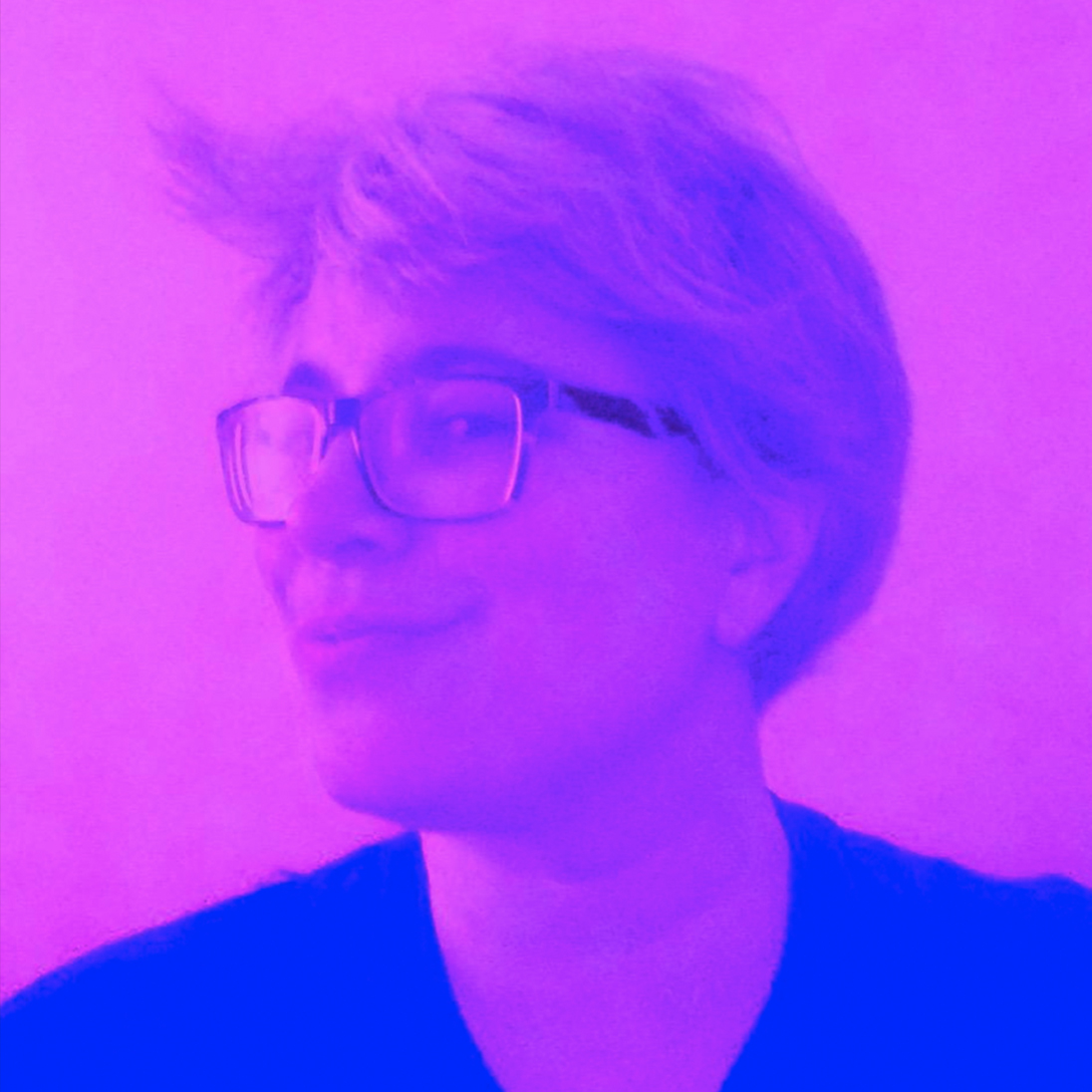
Melissa Steckbauer has studied at Utrecht University and the University of Wisconsin-Madison and is the founder of the Sensorium Institute in Berlin. Her work has been featured in Castello di Rivoli, Museum of Contemporary Art, Rivoli; KW, Institute for Contemporary Art, Berlin; Deutsch Bank KunstHalle, Berlin; Latvian Centre for Contemporary Art, Riga; Teatr Studio at the Palace of Culture & Science, Warsaw; District, Berlin; Kunstsaele, Berlin; Le Salon Du Dessin, Paris.
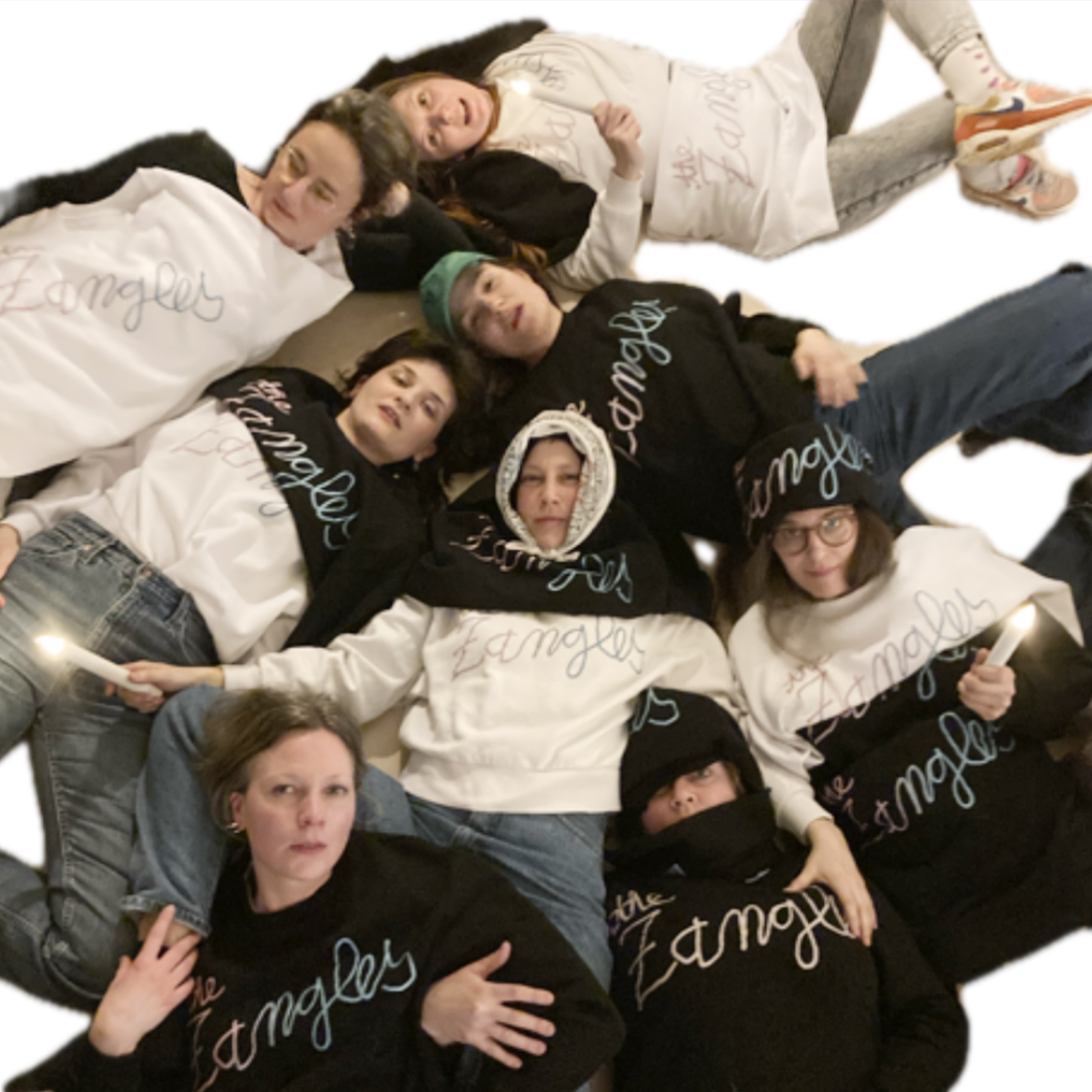
The Zangles is an Antwerp-based motley group of female artists who like to sing.The combination of their various artistic backgrounds leads to visualy strong multidisciplinary shows with singing as an infectious binding agent, lately adding rapping to their repertoire. During these sessions, we invite you to feel free and join The Zangles energy zone, warming up our voices humming and singing along in search of harmonization, resulting in a major Zangles group Karaoke (with microphones for all participants!).
The Zangles are Mia Price, Johanna Trudzinski, Michèle Matyn, Tina Schott, Eva Van Deuren, Jòhanna Kristbjorg Sigurdardottir, Jessie Schietecatte, Valentine Kempynck and Liesbet Swings.
Ji Yoon Yang (양지윤) currently works as a director of Alternative Space LOOP, Seoul. Yang completed her master’s degree at the Graduate School of Communications at Yonsei University and participated in de Appel Curatorial Programme 2008/2009 in Amsterdam. Her interest lies in communication with the public for new social comments through artists and works that experiment with radio, sound, performance and media art.
Curated projects include: The Revolution Will Not Be Televised: Sound Effects Seoul 2017 (ARKO ART CENTER, Seoul, 2017), Plastic Myths (Asia Culture Center, Gwangju, 2015), The Shadows of the Future: 7 Video Artists from Korea (Contemporary Art Museum of Bucharest, 2013), On the Spot (participating curator, National Museum of Contemporary Art Korea, 2012), Mouth to Mouth to Mouth: Contemporary Art from Seoul (Salon of Contemporary Art Museum, Belgrade, 2010), Now What: Contemporary Art and Democracy (Space Hamilton, Insa Art Space of Arts Council Korea), Sound Effects Seoul 2007 (Total Museum of Art, Songwon Art Center, 2007).
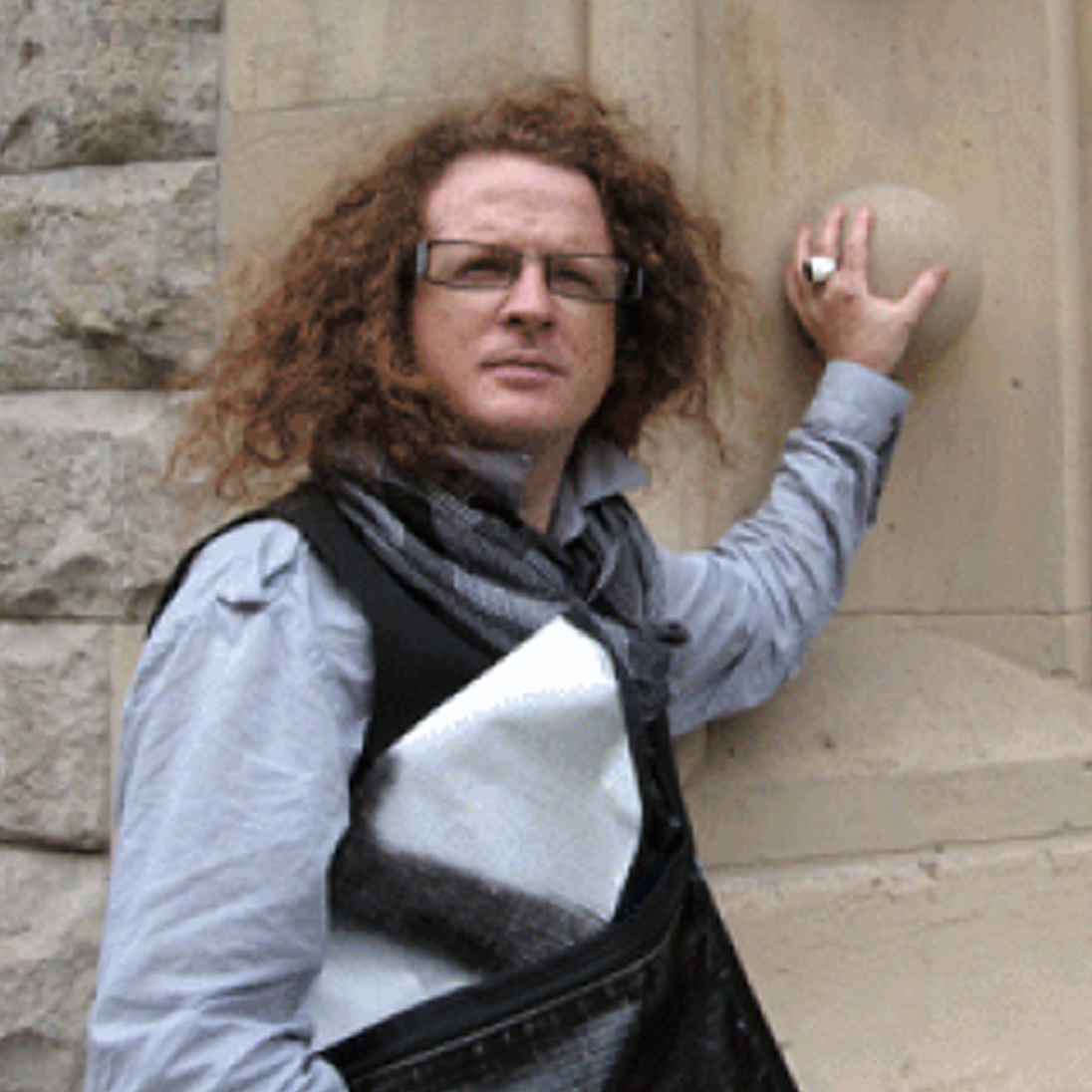
Dr. phil. Baruch Gottlieb, trained as a filmmaker at Concordia University Montreal, is a practicing transdisciplinary artist specializing in embodied practices and methodologies, kunst am bau, art for public space, interactive and generative art, and sound art. He is currently lecturer in digital aesthetics at UdK Berlin and at FH Potsdam. He has a doctorate in digital aesthetics from the University of Arts Berlin and author of 'Gratitude for Technology' (ATROPOS 2009), 'A Political Economy of the Smallest Things' (ATROPOS 2016),and Digital Materialism (Emerald 2018). SInce 2017, he has been working as a curator at West Den Haag programming a wide range of activities and events, including exhibitions, discussion events, and schools.
